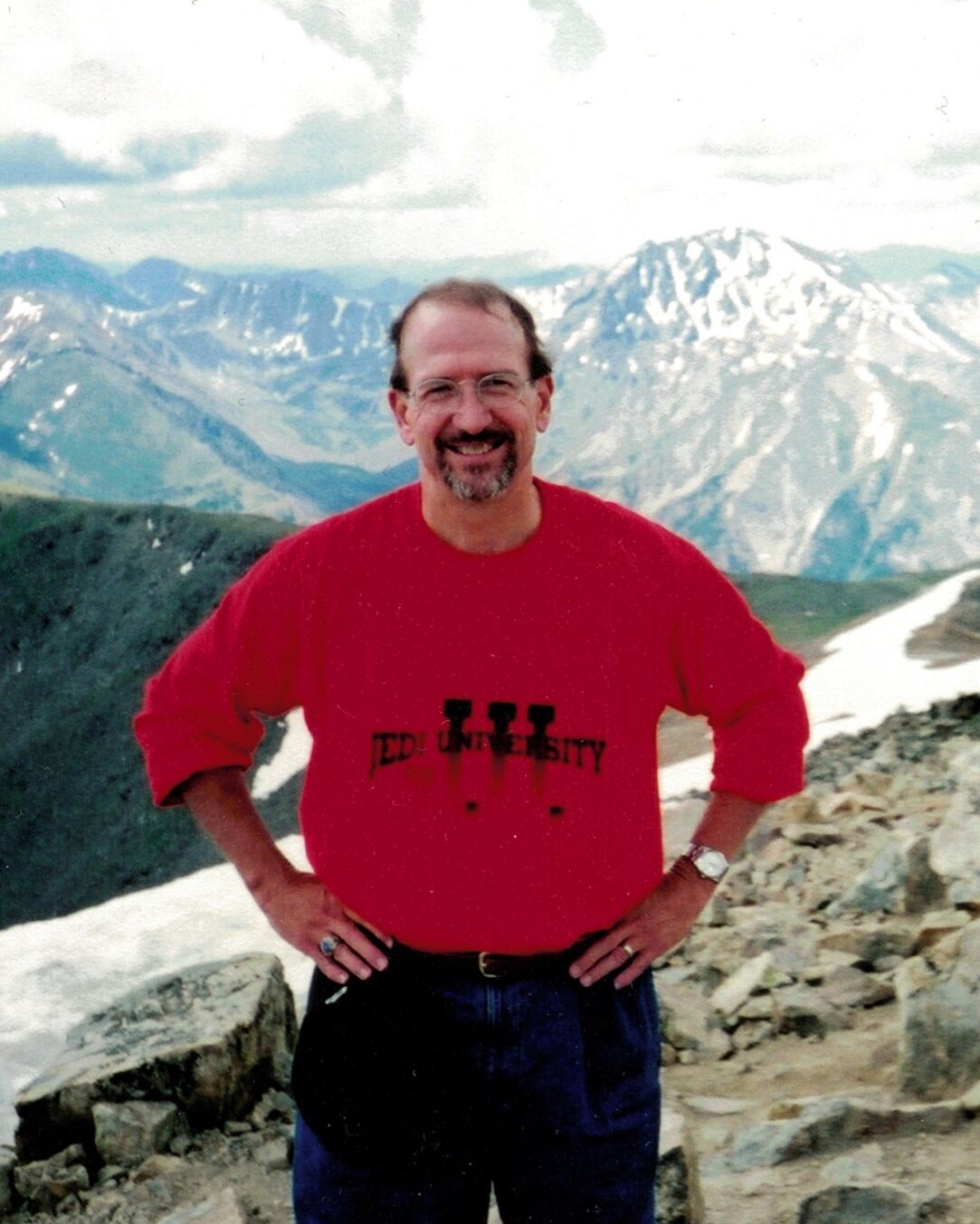About Doug
Dr. J. Douglas Beason, PhD, has written 16 novels, 2 nonfiction books, and over 100 articles and short stories. His thrillers include Ignition (bought by Universal Studios), Ill Wind (optioned by 20th Century Fox), and collaborations with Ben Bova and Kevin J. Anderson. He is represented by his agent John Silbersack, The Bent Agency.
A Nebula Award finalist for Best Science Fiction Novel of the Year, Doug's fiction has appeared in numerous magazines and anthologies, and he has written for publications as diverse as The Wall Street Journal, The Washington Examiner, Analog, Amazing Stories, Physical Review Letters, Journal of Computational Physics, and Physics of Fluids. His novel THE TRINITY PARADOX holds the distinction of being the first work of fiction ever nominated for the American Physical Society's Forum Award, promoting the understanding of physics in society; it was the first novel ever reviewed in Physics Today.
A Fellow of the American Physical Society and a Ph.D. physicist, Doug has over 40 years of R&D experience that spans conducting basic research to directing nationally important, applied-science programs and formulating national policy. He recently served as Chief Scientist for the USAF Space Command as a Senior Level Executive, where he established S&T goals that are producing new national space and cyber capabilities. In 2008, he retired as the Associate Laboratory Director of Los Alamos National Laboratory, where he was responsible for the people and programs that reduced the global threat of weapons of mass destruction. Before moving to Los Alamos, Doug completed a 24 year career as an Air Force officer, retiring as a Colonel. His last assignment was Commander of the Phillips Research Site (Kirtland AFB) & Deputy Director, Directed Energy at the Air Force Research Laboratory.
Doug has worked on the White House staff for the President's Science Advisor under both the Bush and Clinton Administrations as the key White House staffer for space science and technology. He has also served on a Vice Presidential committee headed by astronaut Tom Stafford (commander of Apollo-Soyuz and Apollo 10) to generate plans for the nation to return to the Moon and go on to Mars; directed an Air Force plasma physics research group; served in a dual appointment as an Associate Professor of Physics and Director of Faculty Research at the U.S. Air Force Academy; and has performed research at the Lawrence Livermore National Laboratory. He recently served on the United Kingdom’s Threat Reduction Advisory Board for the UK’s Atomic Weapons Establishment; was a member of the US Air Force Science Advisory Board; served as the Principal US Representative for the US/United Kingdom/Canadian Small Satellite Program; was previously the Vice President of the Directed Energy Professional Society, and was a member of the Air and Space Power Journal Editorial Board.
Doug is a 1977 graduate of the United States Air Force Academy (dual B.S. in Physics and Mathematics), and holds an M.S. in Physics (University of New Mexico), an M.S. in National Resource Strategy (National Defense University), a Ph.D. in Physics (University of New Mexico), and was a military senior service school Distinguished Graduate from the Industrial College of the Armed Forces. The author of over 100 scholarly papers, articles, and other publications, his book Science and Technology Policy for the post-Cold War: A Case for Long-Term Research, was awarded the National Defense University President's "Strategic Vision" award and was used as a textbook at both the National War College and the Air War College. He is a Fellow of the American Physical Society, and a Life Member of the U. S. Air Force Academy Association of Graduates, the Military Officers Association of America, and the Science Fiction Writers of America. An Eagle Scout, he has lived in Canada, the Philippine Islands, and Okinawa.
Doug currently lives in Colorado and writes full-time. He enjoys road biking, hiking and weight training.
Mt Elbert, Colorado - 14,439′ the highest peak in Colorado
Glenwood Canyon, CO
Lake Dillon, Colorado
Telluride, Colorado




